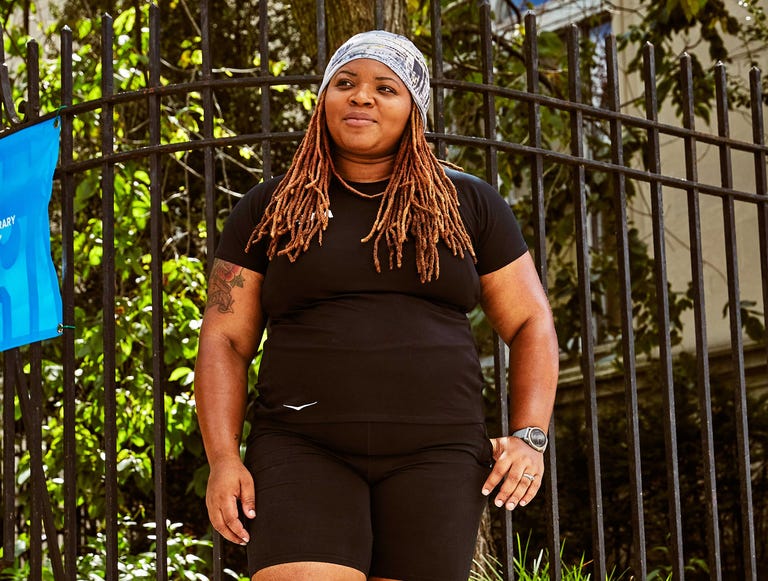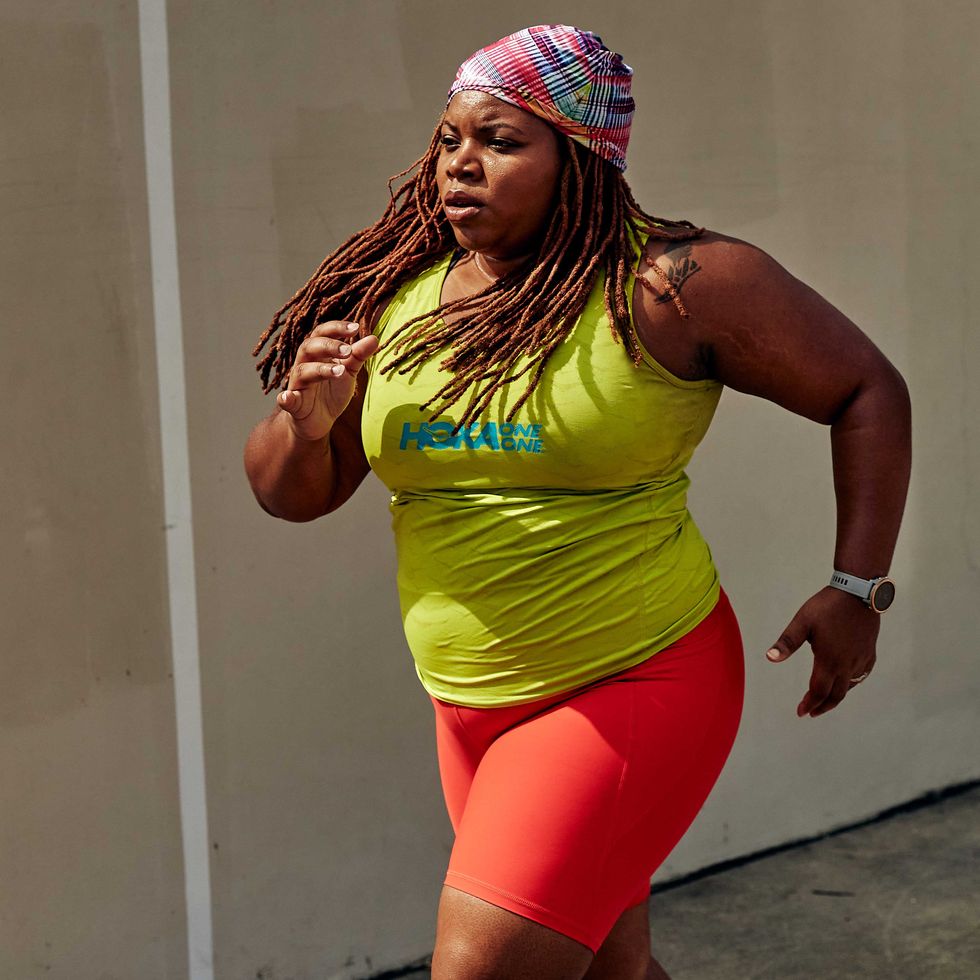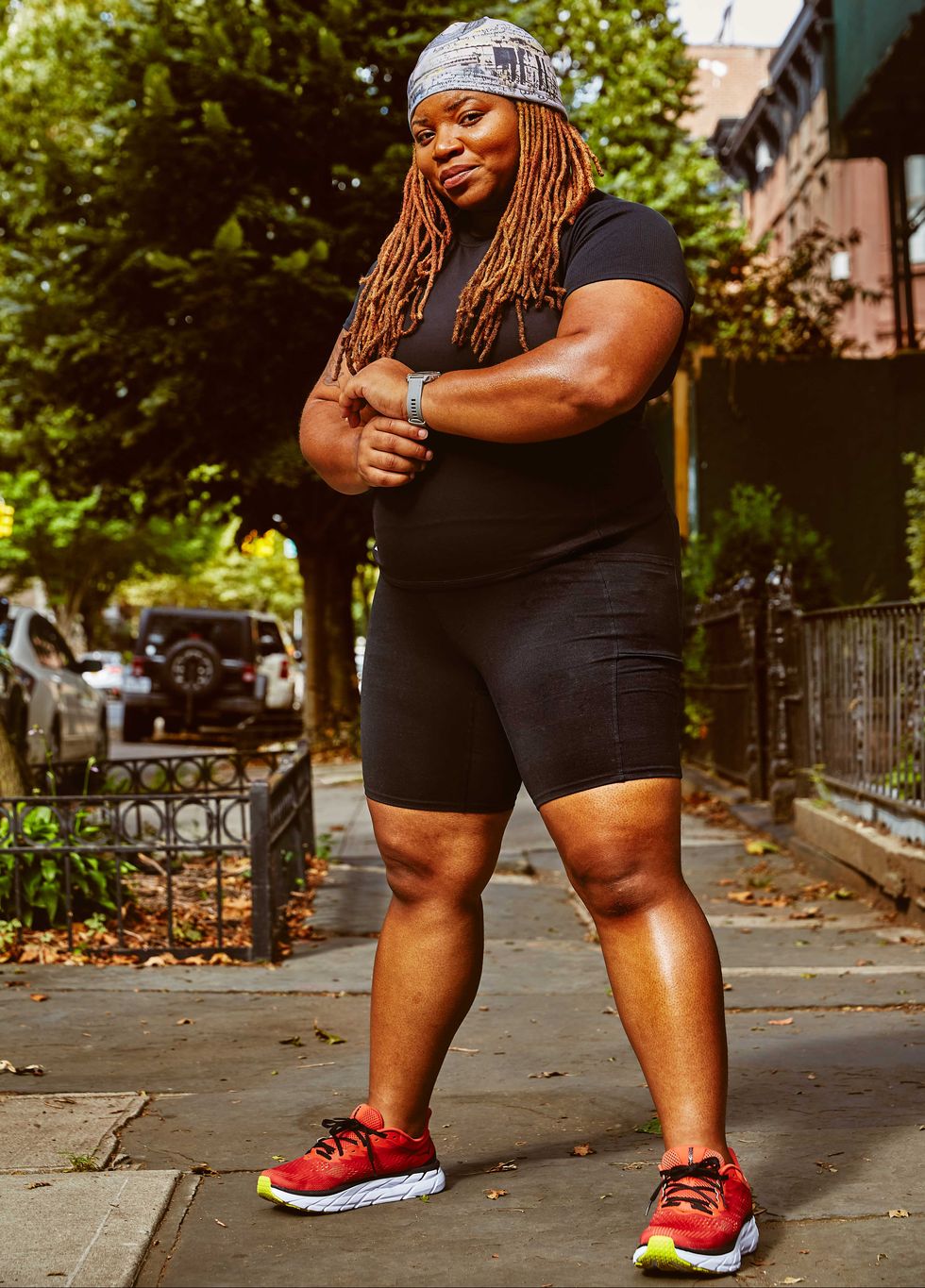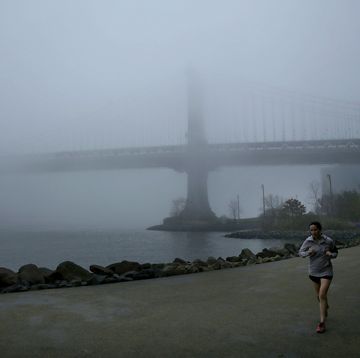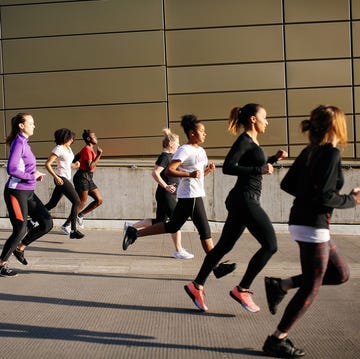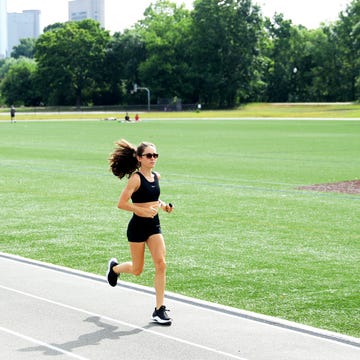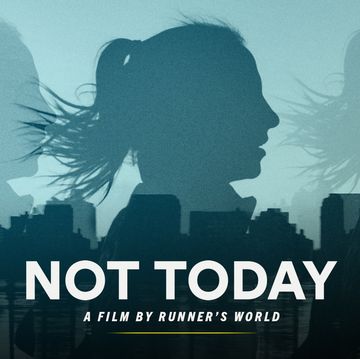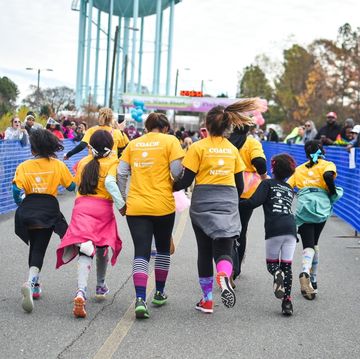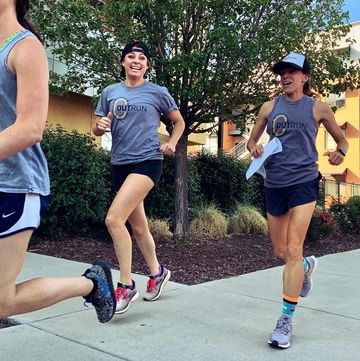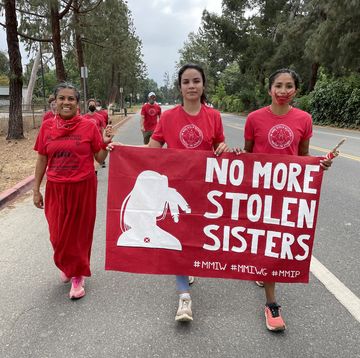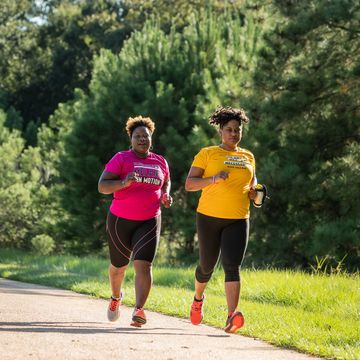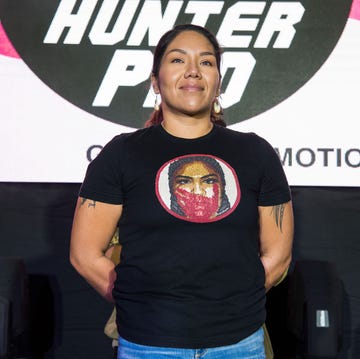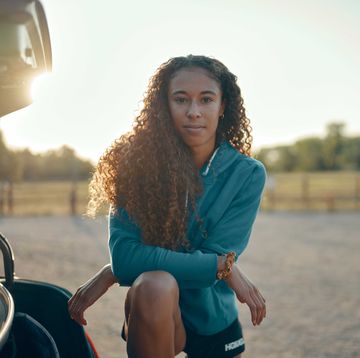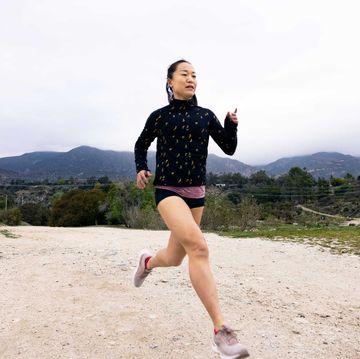Latoya Shauntay Snell joins the Runners Alliance ambassador network as an advocate for runner safety and body politics, among other causes. A chef, writer, photographer, and runner, Snell became an advocate for marginalized groups in the running community after she was harassed by a stranger during the 2017 New York City Marathon. Instead of letting the incident prevent her from running, Snell wrote about the experience and turned it into a source of power. She has since expanded her activism, using her voice to advocate for the BIPOC community, the queer community, and those living with disabilities. Now Snell is bringing her expertise to the Runners Alliance.
For more tips and information on how to make running safer for everyone, sign up for the Runners Alliance newsletter!
Runner’s World: What issues do you hope to address as a Runners Alliance ambassador?
SNELL: Definitely body positivity, but I've been identifying it more as body politics. Body positivity has its highs and its lows where people make it synonymous with plus size. But the community is not limited to plus size. It's [about] embodying that you are beautiful, whether that's physical beauty, mental beauty, emotional beauty, or the things that fall in between. It’s also honoring the body that you're in at this present moment, not acknowledging the one that exists in the past or the one that you may be trying to attain in the future. And that does not have to look prim, polished, proper, anything in between.
I also identify with movements like the fat acceptance movement. It’s a little bit more radical, a little bit more punch in your face, where it's basically saying, “Embrace me for the size I am.”
[I advocate for] health at every size. Sometimes [people have] conditions that we are not able to see. For instance, I battle endometriosis, and I'm at stage four, which means that I am always in pain. [Ed. Note: Endometriosis is a painful disorder characterized by abnormal tissue growth outside the uterus, which results in heavy and irregular periods and sometimes fertility problems.] I probably have about three to four good days a week where I'm not in excruciating pain. I don't hear enough stories about athletes with visible and invisible disabilities, because sometimes we're gaslit. We're told that we are imagining the things that we're going through.
And of course, I'm definitely representing the Black community. There is a legitimate amount of people who are terrified to do the things that I enjoy doing, particularly trail running. I want to remove the stigma that running is a white sport. There are plenty of us out there, but we need to be featured just as much as anyone else.
Why are these advocacy efforts important to you?
Regardless of what weight, shape, size, and background I fall into, these are all underrepresented communities. These are all communities that need their stories told. I don't think that they've been covered to a place where we are fostering a healthy dialogue or healthy feelings about our bodies, whether we're speaking about race, religion, cultural differences, or even gender differences.
What experiences led you to become an advocate for body politics?
I like to think of it all as a happy accident. In 2017, I was heckled at the New York City Marathon, which was publicized in Runner's World. I wrote an essay about it that went viral on theroot.com.
At the time, I was ready to pack my bags and [quit running]. I was freshly diagnosed with endometriosis and I had miscarried [twins]. It was a really low point. I was already dealing with online bullying and trolling, being fat-shamed, and a lot of people questioned why someone like me, an African American woman from Brooklyn, would want to enter what people call white spaces.
So when the story of my harassment came out in 2017, it not only raised awareness for thousands of people about my personal experience at something so front-door as the New York City Marathon, but it allowed other athletes to tell their stories.
They shared their experiences, and I just thought to myself, How could I leave now? I want to show people that you can be brave and bold in your own personal space, and that you should not be apologetic in taking up space—not just in the physical form, but in the power of your own voice. You should not have to apologize for being present and for speaking up, especially for people in marginalized communities, women, people of color, people who sometimes are overlooked because of a disability.
What does running mean to you? How do you think running helps you in your advocacy work and in reaching the community that you serve?
Now more than ever, I think that running is not just the physical activity by movement, it's movement by heart. It unites people.
Without running, I would have never considered myself an athlete. I would have never considered myself an advocate for change. I don't think I would even understand the power of my voice if it wasn't for the running community. Through this community, other people saw things in me that I couldn't accept in myself, and through their words, they were able to help me understand how strong and courageous and brave I am.
This interview has been edited and condensed.
Taylor Dutch is a writer and editor living in Austin, Texas, and a former NCAA track athlete who specializes in fitness, wellness, and endurance sports coverage. Her work has appeared in Runner’s World, SELF, Bicycling, Outside, and Podium Runner.

